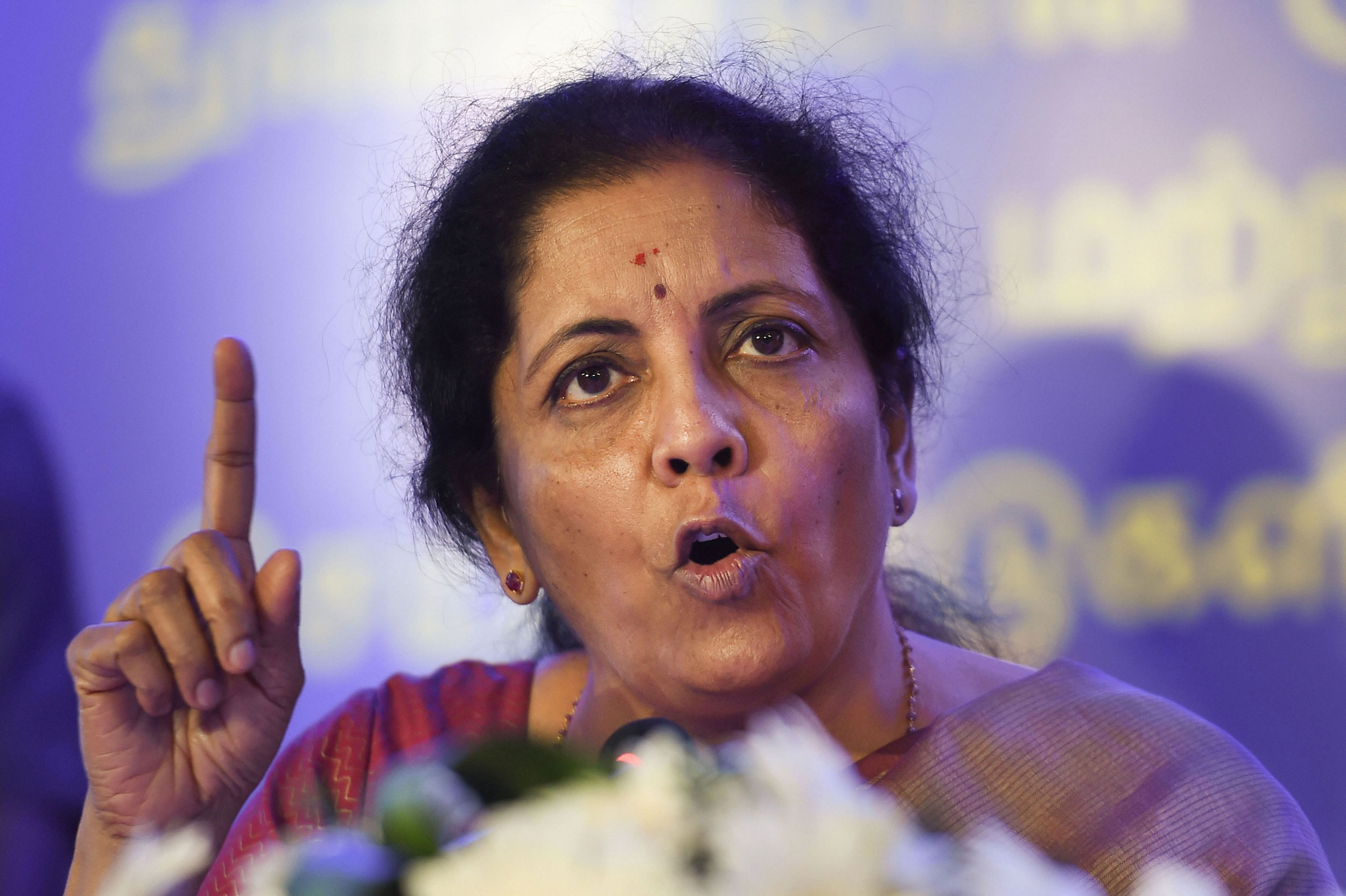Finance minister Nirmala Sitharaman on Sunday tweeted that company donations to the Prime Minister’s special fund to fight Covid-19 (PM CARES) will be considered as part of their CSR spending, though clarity is lacking on the nature of the fund.
The government later notified that contribution to PM CARES would be part of CSR. “It is clarified that any contribution made to the PM CARES fund shall qualify as CSR expenditure under the Companies Act 2013,” the ministry of corporate affairs tweeted.
Sitharaman’s announcement and the subsequent notification came much later than Prime Minister’s announcement on early evening Saturday of the Covid-19 fund — all through tweets.
Under the Companies Act, 2013 certain classes of profitable corporates are required to shell out at least two per cent of their three-year annual average net profit towards CSR activities in a financial year. This provision came into force on April 1, 2014.
Every company having a net worth of at least Rs 500 crore, turnover of Rs 1,000 crore or more, or a minimum net profit of Rs 5 crore during the immediately preceding financial year, has to spend on CSR activities.
The corporate affairs ministry had last week clarified that companies could spend their CSR funds to fight the coronavirus, which has been notified as a disaster.
According to a PIB statement, the fund will be a public charitable trust under the name of “Prime Minister’s Citizen Assistance and Relief in Emergency Situations Fund”. The Prime Minister is the chairman of this trust and the members include the defence minister, home minister and finance minister.
Officials said the PM CARES Fund would be much similar to the Prime Minister National Relief Fund. They said the new fund had been created as the existing fund did not cover pandemics such as Covid-19.
The Prime Minister’s National Relief Fund was set up in 1948 by then Prime Minister Jawaharlal Nehru to assist displaced persons from Pakistan. The fund is currently used primarily to tackle natural calamities such as floods, cyclones and earthquakes. The fund is also used to help with medical treatment such as kidney transplantation, cancer treatment and acid attack.
The PMNRF website said the fund is audited by an independent auditor outside the government. At present, SARC & Associates are the auditors. There is no statutory period prescribed for audit of the PMNRF under Income Tax Act. Generally, efforts are made to complete the audit at the earliest.
Accounts up to the year 2018-19 have been audited. In general, funds are either disbursed immediately or they are committed for specific purposes.”
“The balance of the funds is invested in various forms with scheduled commercial banks and other agencies to ensure long term sustainability,” the website said.
The fund consists entirely of public contributions and does not get any budgetary support.
The PMNRF has not been constituted by Parliament. The fund is recognised as a trust under the Income Tax Act.
A report released by KPMG in February — India’s CSR Reporting Survey 2019 — said the expenditure by the top 100 listed companies on CSR in 2018-19 stood at Rs 8,691 crore compared with Rs 7,536 crore in the previous fiscal and Rs 5,115 crore in 2014-15.
The report further said compliance to requirements of Section 135 of The Companies Act 2013 by India Inc has seen a significant increase over the last five years with regards to CSR policy, committee, annual disclosure on CSR among others.











